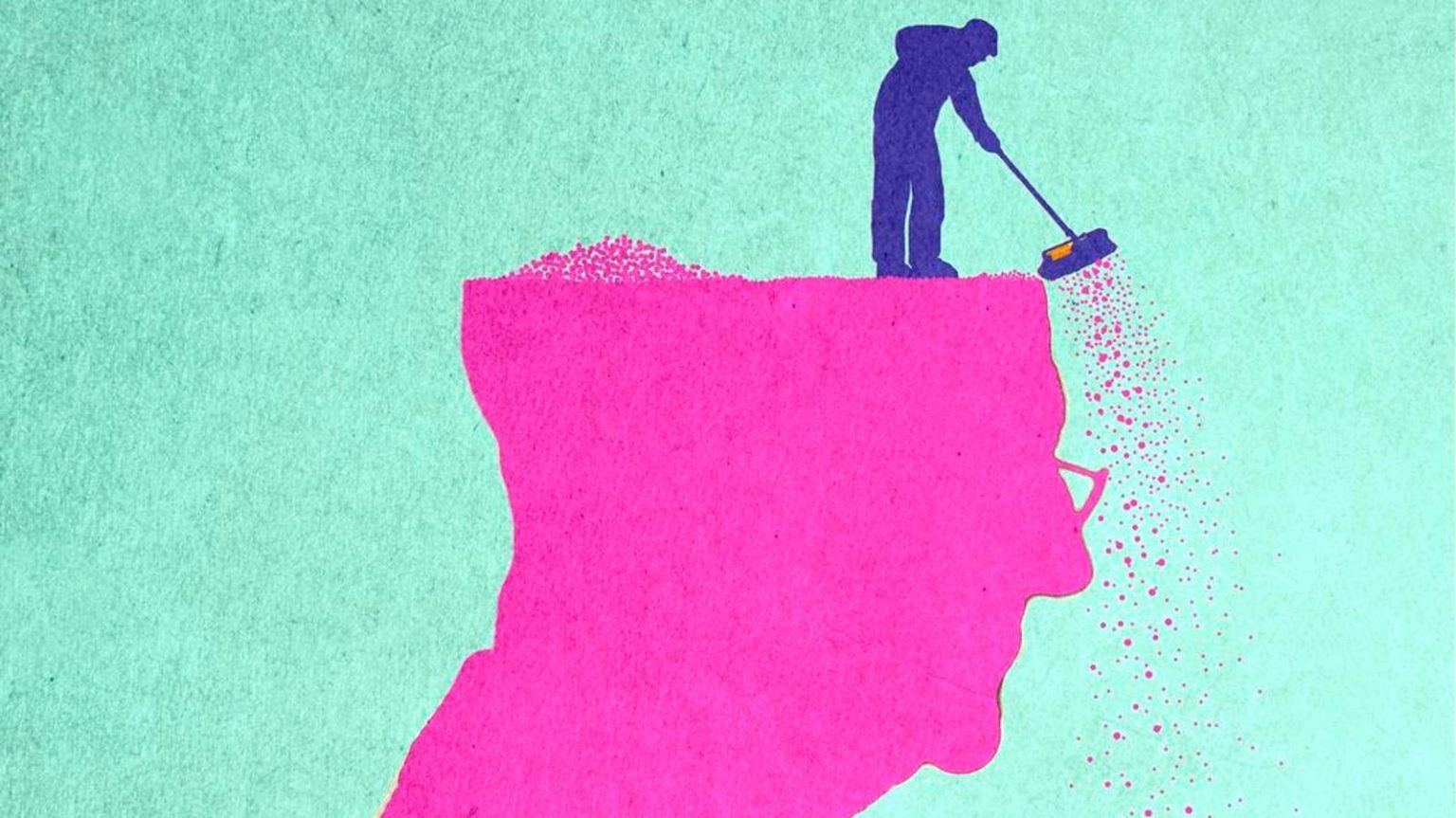The Rise of ‘Brain Rot’: How Digital Overload Is Eroding Our Minds and What We Can Do About It
In an era defined by constant connectivity, the term "brain rot" has emerged from the fringes of internet discourse to capture a growing societal concern: the perceived decline in our cognitive and emotional well-being due to excessive consumption of low-quality online content. While the concept isn’t new – Henry David Thoreau alluded to the dangers of mental deterioration from trivial distractions as early as 1854 – the 230% surge in the term’s usage between 2023 and 2024 signifies a heightened awareness of the potential pitfalls of our increasingly digital lives. “Brain rot” isn’t merely a critique of technology; it’s a wake-up call urging us to cultivate more intentional relationships with our devices and the content they deliver.
The pervasiveness of digital media, while offering unprecedented access to information and connection, has ushered in a new set of challenges to our mental and emotional landscapes. The symptoms of “brain rot” extend beyond mere distraction, manifesting in a variety of ways. One prominent consequence is a diminished attention span. The constant barrage of bite-sized content conditions our brains to crave instant gratification, making it increasingly difficult to sustain focus on tasks requiring prolonged concentration, such as reading, complex problem-solving, or in-depth learning. This erosion of attention is further compounded by the decline in critical thinking skills, as passive scrolling through superficial content supplants deep analysis and thoughtful engagement. A 2023 study published in BMC Psychiatry found a correlation between social media use and diminished attention, particularly among those experiencing the "fear of missing out" (FOMO).
The relentless pace of digital life also takes a toll on our emotional well-being. A 2022 study linked problematic news consumption to poorer mental and physical health, even after accounting for pre-existing personality traits and habits. The constant influx of information from news cycles, social media platforms, and the pervasive culture of comparison can overwhelm our nervous systems, contributing to heightened stress and anxiety. Emotional fatigue, characterized by numbness, disengagement, and difficulty processing emotions, is another significant consequence. A 2023 study highlighted the role of social media factors, such as information overload, privacy concerns, and cyberbullying, in contributing to emotional exhaustion. Furthermore, despite the illusion of hyperconnectivity, excessive online engagement can paradoxically lead to increased social isolation. A 2018 study suggested that heavy passive consumption and negative online experiences can foster feelings of loneliness, as superficial online interactions often lack the depth and nuance of real-world connections.
Recognizing the insidious impact of digital overload is the crucial first step towards reclaiming mental clarity and emotional balance. Combatting “brain rot” requires a proactive approach to curate our digital diets, establish healthy tech habits, and re-engage with the analog world. Just as a balanced diet nourishes our physical health, a mindful approach to content consumption is essential for our mental well-being. This begins with auditing our digital feeds and critically evaluating the accounts, videos, and articles we consume. Do they uplift and inspire, or leave us feeling drained and negative? Curating a feed that aligns with our values and aspirations is akin to stocking our pantry with nourishing foods. Implementing a "content pyramid" further refines this process, prioritizing educational and thought-provoking content as the foundation, with entertainment and lighter fare occupying the upper tiers. Adhering to the 80/20 rule – dedicating 80% of screen time to meaningful content and 20% to light entertainment – strikes a balance between enrichment and relaxation.
Practicing digital hygiene involves establishing boundaries to prevent technology from dominating our lives. Setting time limits on platforms prone to overconsumption, such as social media and streaming services, is a critical first step. Utilizing app features or built-in phone settings can help enforce these limits. Scheduling “tech-free hours,” particularly in the mornings and evenings, creates space for activities that promote mindfulness, relaxation, and better sleep. Designating tech-free zones within the home further reinforces these boundaries. Cultivating deep work habits, characterized by focused, uninterrupted periods dedicated to meaningful tasks, is essential for maximizing productivity and minimizing distractions. Turning off notifications, closing unrelated tabs, and silencing devices are crucial for creating a conducive environment for deep work. Techniques like the Pomodoro method, which alternates focused work intervals with short breaks, can further enhance concentration and prevent burnout.
Reconnecting with analog experiences is essential for counteracting the mental fatigue associated with constant digital engagement. Rediscovering offline hobbies, such as gardening, painting, playing a musical instrument, or engaging in crafts, fosters creativity, relaxation, and a sense of accomplishment. Prioritizing real-life connections through meaningful conversations, shared activities, and community involvement strengthens social bonds and combats feelings of isolation. Immersing ourselves in nature, whether through walks in the park, hikes in the woods, or simply observing the natural world, provides a powerful antidote to stress and promotes cognitive function. Incorporating analog rituals, such as journaling, enjoying a screen-free cup of coffee, or reading a physical book, creates moments of stillness and reflection in our increasingly frenetic lives.
Finally, cultivating cognitive fitness requires a proactive approach to “cross-training” our brains. Just as physical fitness benefits from varied exercises, our minds thrive on diverse intellectual challenges. Alternating between consuming information and actively engaging with it through reflection, summarization, and analysis strengthens cognitive skills. Switching between different types of intellectual tasks – reading in-depth articles, taking online courses, engaging in strategic games – further enhances mental agility and prevents stagnation. By consciously choosing activities that challenge our minds, we can counteract the passive nature of much digital consumption and cultivate a more active and engaged approach to learning and growth.
In conclusion, “brain rot” is not an inevitable consequence of the digital age. By consciously curating our digital diets, practicing digital hygiene, reconnecting with the analog world, and actively engaging our minds, we can reclaim our mental clarity, cultivate emotional balance, and navigate the digital landscape with intention and purpose. The next time the urge to mindlessly scroll arises, pausing to consider whether the content we are consuming is truly enriching or merely contributing to mental decay can be the first step towards a healthier, more fulfilling relationship with technology.




